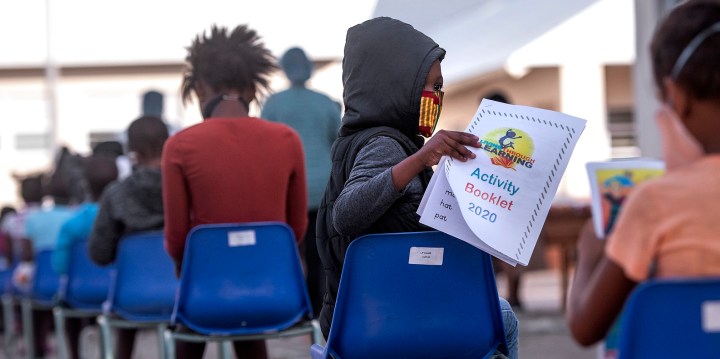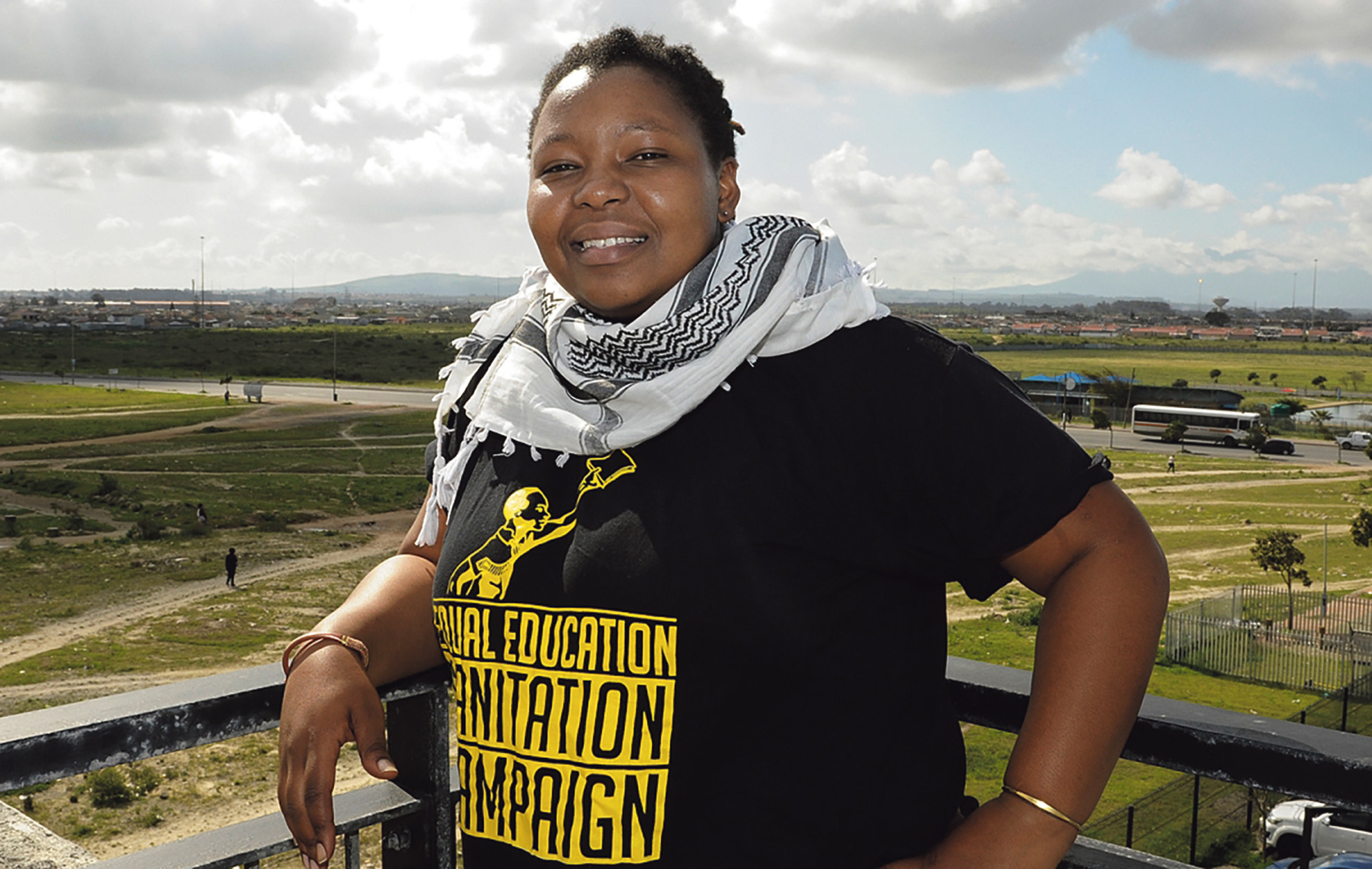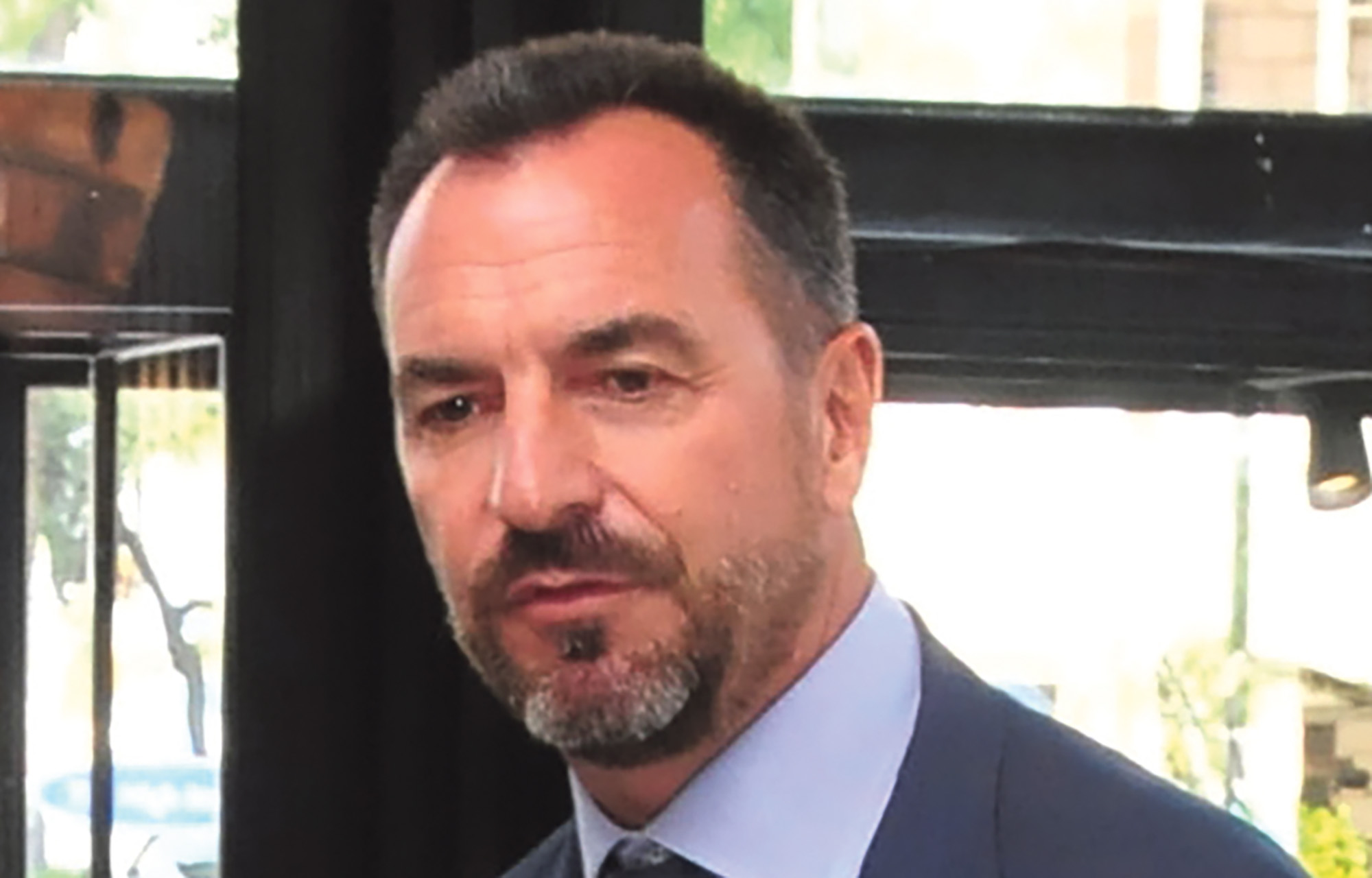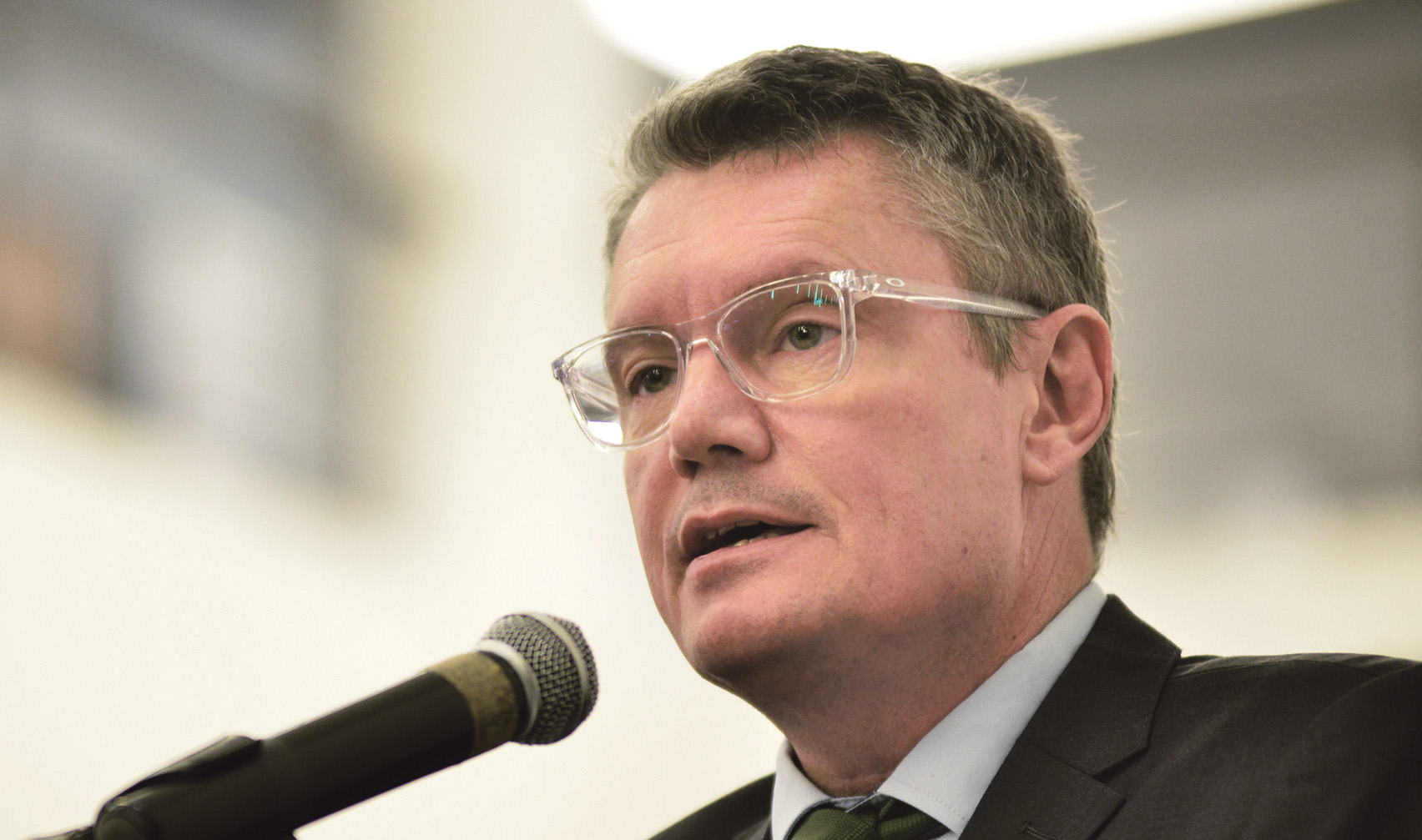CHILD LITERACY
Education, business and policy leaders weigh in on how to tackle SA’s reading crisis

Members of the inaugural gathering of the 2030 Reading Panel weigh in on how the country’s low child literacy rates can be addressed.
South Africa is facing a reading crisis. The most recent nationally representative and publicly available survey of reading outcomes, the Progress in International Reading Literacy Study 2016, shows that 78% of Grade 4 children cannot read for meaning in any language.
Although children’s literacy rates improved gradually over the years, the current trajectory indicates that it will be 2098 before all the country’s Grade 4 children can read for meaning, according to Professor Nic Spaull, the secretary of the 2030 Reading Panel and education economist at Stellenbosch University.

Equal Education general secretary Noncedo Madubedube. (Photo: Joyrene Kramer)
Members of the 2030 Reading Panel, which aims to ensure that all Grade 4s in South Africa can read for meaning by 2030, engaged with these findings at their inaugural gathering on 1 February. DM168 spoke to leaders in education, business and policy at the event, to better understand how the reading crisis in our country can be addressed.
Local and international comparative research shows that the social and physical conditions of a school are a key enabler of conducive teaching and learning environments, according to Noncedo Madubedube, general secretary of Equal Education.
As such, Madubedube advocated for the Department of Education to recognise and prioritise the creation of physical infrastructure as something that allows for productive and progressive learning outcomes.
“It’s just a fact: if you’ve got a classroom that isn’t overcrowded, if you’ve got working toilets, water security, electrification – dare I say, a school library – your academic performance will be better,” said Madubedube. “Your holistic wellness inside of the schooling environment will be better… and this is for learners, but also for teachers.”
Coupled with the department’s responsibility to cater holistically for the wellness of children is a need to create interdisciplinary committees and task teams to plan and budget for conducive learning spaces, continued Madubedube.
“When we develop and design and announce and budget for interventions for our education system, particularly the foundation phase, we need the full government spectrum on board, otherwise it becomes insufficient.”
To inspire school communities with a sense of purpose it is necessary to believe in the possibility of realisable and exponential improvement of foundation-phase reading and learning in our lifetime, according to Madubedube.
“As a young education activist, as a young teacher, as a young woman in my country, it’s crucial that we carry that kind of politics of hope.”

Colin Coleman co-chairs the Youth Employment Service. (Photo: Gallo Images/Sunday Times/John Liebenberg)
‘Systemic overhaul’
“From an organisation and business process point of view, if you have an 80% failure rate of your system, you need to overhaul it,” said Colin Coleman, who co-chairs the Youth Employment Service and is a former CEO at Goldman Sachs in sub-Saharan Africa. “If you bring in reforms which marginally improve a shipwreck, it’s still a shipwreck. So, we need to have a systemic overhaul.”
This should involve an organisational process that examines the management problems in the Department of Education driving expenditure, as well as standards and compliance within the country’s system of teaching, according to Coleman.
There needs to be strict teacher screening that “weeds out” those who do not meet minimum qualification criteria. This should be coupled with ongoing performance management, he added.
“[Y]ou need to have some kind of 3600 review process in which the students and the parents are included in determining what the quality of the teaching is, because they are the people who are most vested with the teaching.”
Literacy rates are closely correlated with economic growth. If there isn’t a change in the pattern of outcomes, the current levels of illiteracy in South Africa are a lead indicator of what the economy will look like, says Coleman.
“So, we need to increase our growth rate. And our literacy levels […], our outputs, are significantly below emerging market peers, even though our investment in terms of percentage of [gross domestic product] is in line.
“This should be a problem that can be fixed and with significant upside – upside in terms of educational outcomes and… economic growth impacts over decades.”
The Eastern Cape Department of Education issued Vula Bula reading anthologies to primary schools in 2019 and 2020. New research has shown that there were statistically significant positive results among those cohorts who received the anthologies relative to those who did not, according to the 2022 Reading Panel Background Report.

André Gaum is commissioner of education at the South African Human Rights Commission. (Photo: Gallo Images/ER Lombard)
An effort should be made to ensure that the anthologies, which already exist in all 11 South African official languages, are made available to every foundation-phase pupil each year, according to André Gaum, commissioner of education at the South African Human Rights Commission.
“I think it’s a no-brainer, because […] these are open-source resources that can be printed at R11 a book,” said Gaum. “Every foundation-phase learner can be provided with the necessary graded readers, and graded reader means it becomes incrementally more difficult as the stories continue.”
It would cost about R32-million per year to print a graded reader for every child in every grade, an undertaking that Gaum described as a “real possibility” under the current budget of the Department of Education.
Within classrooms, teachers should not only be able to teach reading optimally, but should also have access to the minimum set of resources needed to teach literacy, as listed in a 2008 gazette issued by Naledi Pandor, who was the minister of education at the time, according to Gaum.
The 2022 Reading Panel report shows that these recommended resources include pupils’ workbooks, alphabet friezes, wall charts, graded readers, big books, story books, a systematic phonics programme and stationery. Currently, only pupils’ workbooks are provided to all schools.
“[T]he entire education system is built upon the assumption that learners are able to read because you learn to read to be able to learn through reading,” said Gaum, adding that, for those who cannot read for meaning, this means that their whole educational future is at stake.
“The right to education is an enabling right – it is the vehicle to give access to many other rights. [T]herefore, there is a negative impact in terms of the exercise of […] almost all other rights, if not all, if the foundation is not solid.” DM168
This story first appeared in our weekly Daily Maverick 168 newspaper which is available for R25 at Pick n Pay, Woolworths, Exclusive Books and airport bookstores. For your nearest stockist, please click here.

[hearken id=”daily-maverick/9072″]




















 Become an Insider
Become an Insider
Comments - Please login in order to comment.